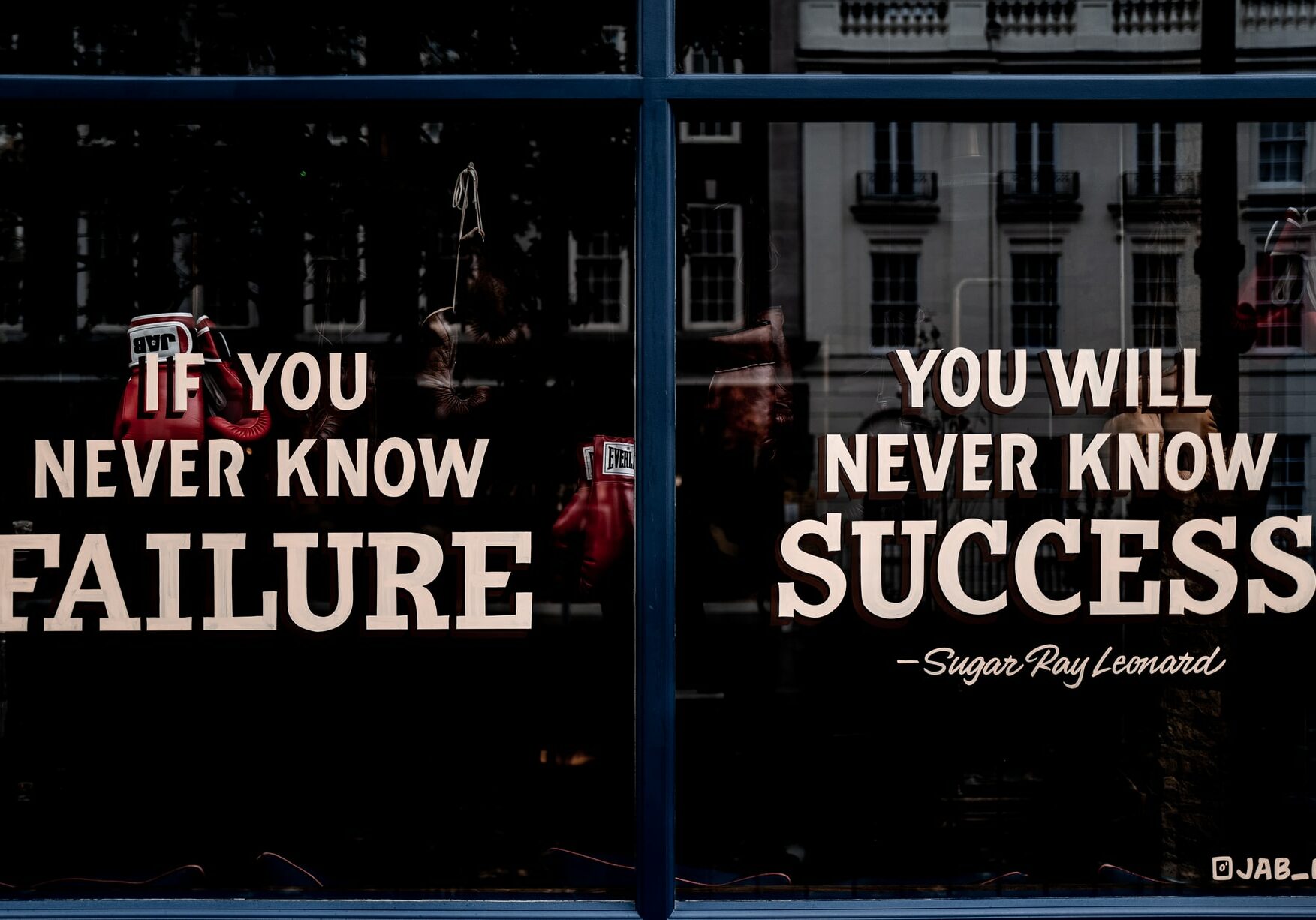Psychologically Safe Workplaces Empower Employees

When we think of safety today, images of hand sanitizer, masks, and plexiglass dividers come to mind. Physical safety is a top priority for employers everywhere.
But, what about psychological safety?
Employees who do not feel psychologically safe may fear negative reactions from their boss and feel uncomfortable sharing ideas. Others live in a state of anxiety over being fired for small mistakes.
Why should employers care about psychological safety? Can steps be taken to improve the psychology of your work environment?
What Is Psychological Safety?
Harvard Business School Professor Dr. Amy Edmondson coined the term psychological safety as “a belief that one will not be punished or humiliated for speaking up with ideas, questions, concerns or mistakes.” It sounds extreme, but many employees live in daily fear of repercussions for taking risks. This fear cripples their potential to perform on teams.
A healthy workplace is one that is non-threatening. “When the workplace feels challenging but not threatening, teams can sustain the broaden-and-build mode,” says Laura Delizonna of Harvard Business Review. “Oxytocin levels in our brains rise, eliciting trust and trust-making behavior. This is a huge factor in team success.”
Why Psychological Safety Matters
When we think about innovation, we also think about failure. How many times did the Wright brothers crash before inventing the plane?
To innovate, people need to be free to question and get things wrong. In 1902, The New York Times got it wrong when they said the price of cars was so high that cars would never become as popular as bicycles. In 1985, laptops were seen as pricey, heavy, and having a low battery life. They’d never be popular.
An organization loses the ability to leverage the strengths of its talent if people do not feel psychologically safe, says The Center for Creative Leadership. When people can’t “complain” or talk about things that are not working, an organization cannot prevent future failure. “People need to feel comfortable speaking up, asking naïve questions, and disagreeing with the way things are in order to create ideas that make a real difference,” says David Altman, COO, the Center for Creative Leadership.
Steps to Create a Psychologically Safe Culture
- Step 1: Creating a psychologically safe culture should always begin with communication. Employers should communicate the value of unique ideas and that it is ok to make mistakes. Managers should communicate directly with employees, asking for their ideas. To create a safe intellectual space, use humor and give examples of failures. Leaders may want to share personal examples of mistakes or silly ideas.
- Step 2: Employees need to practice sharing ideas to build the comfort and trust level of the team. Practically speaking, an employer can ask employees to come prepared to a meeting with an idea to share. The rest of the team can practice active listening by repeating back the idea and commenting on its pros and cons in a positive way. Facilitators can model what it means to give positive reinforcement and build on ideas. Establish norms for the meeting with the goal of brainstorming. Every idea sparks conversation.
- Step 3: Give multiple ways for employees to express thoughts. For example, a unanimous survey is a comfortable way to give and receive feedback. There can also be regular touch-base meetings one on one between an employee and manager.
Ensuring psychological safety pays off for employers. It is a key component of inclusion and equity efforts. Employees who feel psychologically safe also feel empowered to bring their unique ideas to the table. “When you have psychological safety in the workplace, people feel comfortable being themselves. They bring their full selves to work and feel okay laying all of themselves on the line,” says Altman.
Praise, given in the right way, can result in more effort and better quality work and improve a professional environment. It can also lead to increased happiness for both the employee and manager.
Artemis Consultants believes no employee should ever feel punished or humiliated for expressing ideas. It is our goal to place candidates with employers who value both physical and psychological safety.




